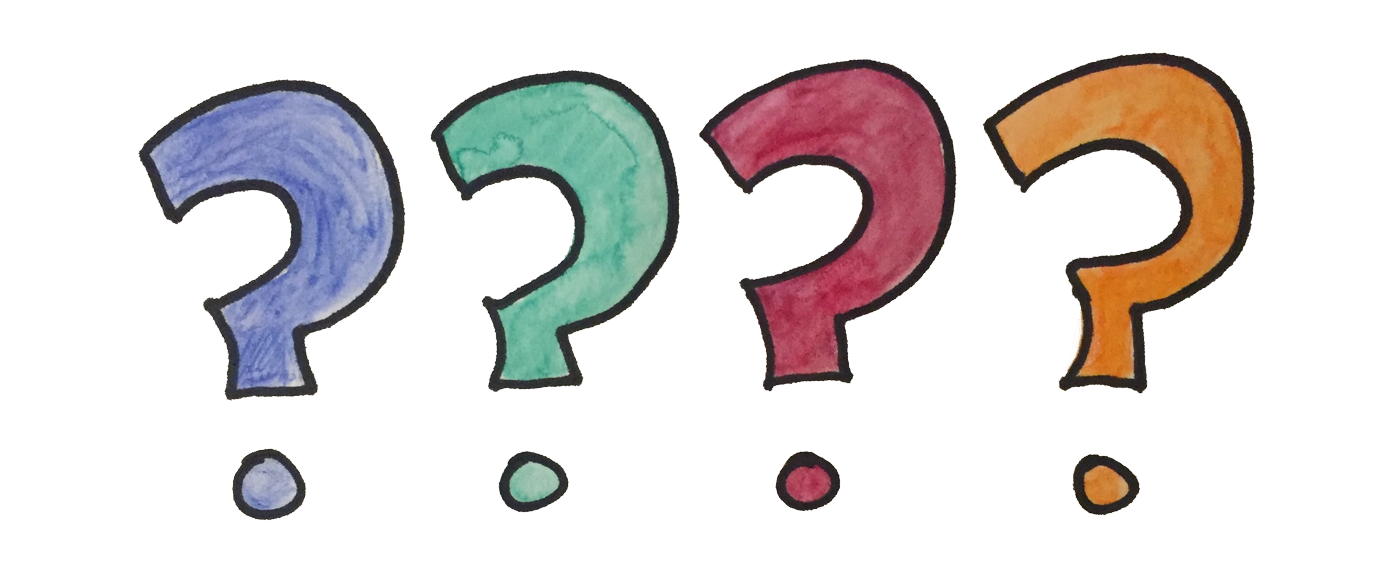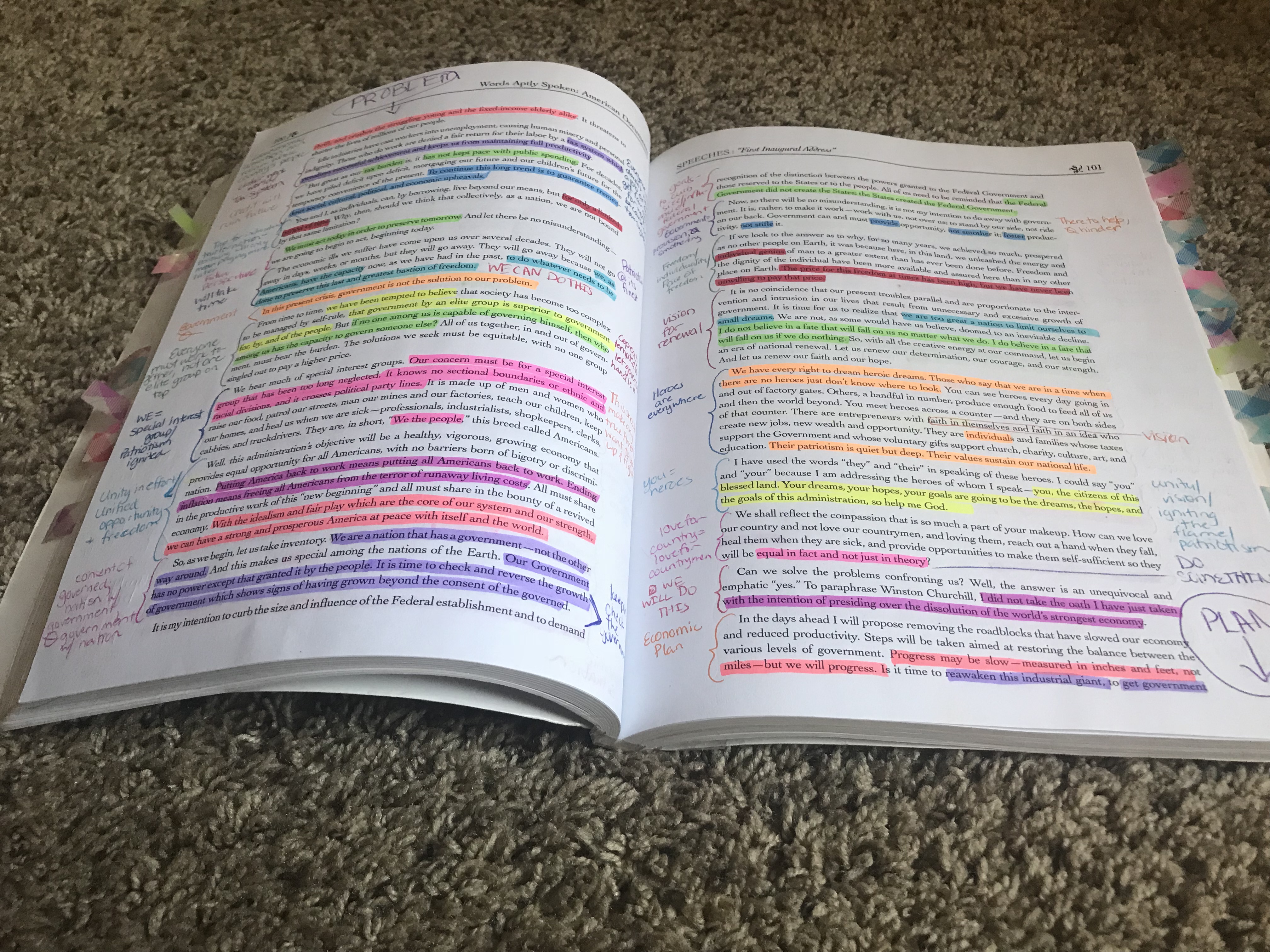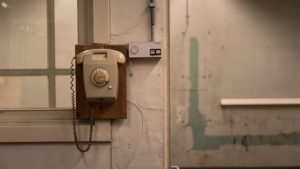“Don’t you guys fight at all?” a young friend asked me as she watched my siblings interact at a youth retreat.
I paused for a moment to think.
“Come to think about it, no,” I replied.
Every time I give that answer, people look at me like that I just told them I have superhuman powers.
Culture has gotten to the point where everyone believes that it’s normal for families to be at odds with each other constantly. I wasn’t raised like that.
It goes back to parenting. I owe my perspective and confidence to my parents, who modeled what relationship was supposed to be. Here are some ways they raised us that differ from normal parenting.
1. I never heard my parents raise their voices out of anger or frustration.
I don’t understand why anyone thinks they are going to prove a point by yelling. Here’s the thing: humans are selfish. They tend to think of each situation from their own perspective. This perspective will only be strengthened if others throw opposing opinions loudly in their faces.
Children are individuals. I think parents forget this often. They try to mold their kids into a certain behavior pattern that hopefully holds up as they grow into adulthood.
And when the child shows his individuality by contesting a parent’s wish, mom or dad freaks out, trying to frantically put the nice behavior pattern back together. And yelling is the preferred approach.
Parents are to be guides, not slave masters. You have in your hands the life of an individual. If you crush that individuality by pushing your point, you will lose the relationship that could be yours, and
There was one exception to the yelling in my life. If there was an emergency, then was the time to use the powers of your voice. This way, we learned to act quickly and without question in the face of danger. We knew instinctively that there was a reason for the tone our parents took on. Even then, it was only one quick word, then they would reduce to normal levels to talk us through emergency procedure.
2. My parents always heard my opinion.
This goes back to the individuality concept. Many times kids don’t want to do what their parents ask is because they don’t understand the reasoning behind the request. My parents didn’t just tell us to do things because they said so. Instead, we talked about the situation that caused them to come to the decision they did.
When dad and mom were wrong, they admitted it. If my ideas were good, they changed their perspective and put mine into practice. If my opinion was faulty, I was never the worse for having spoken my mind and heard the whole process of reasoning.
The result? I trusted my parents enough to do things just because they said so. I knew that they had solid reasoning behind their decisions, and I based my actions off that knowledge.
You can’t build a relationship by shutting down the voice of your child. Instead, focus on setting precedent by hearing his or her ideas, and expressing your position genuinely.
3. Honesty was always the first priority.
We knew that we had an alibi if we would only tell the truth. My parents always heard us out. We didn’t get punished for making mistakes. But we weren’t spared if we lied about our actions.
Mistakes are a part of life. My parents taught me to realize that facing those mistakes head on is the best key to personal growth.
Honesty also helped my relationships grow stronger. If we had quarrels as children, we knew that if we were honest, we would be given the chance to fix our wrongs and move on. This birthed healthy relationship mindsets in our hearts.
Now, we are simply honest with each other about thoughts, feelings, and ideas. This keeps our relationships open and solves any problems that might come up. We have hard conversations, but we leave with stronger connections than we came with.
Did my parents do everything right? Absolutely not. But I appreciate the mindsets they built in me and I apply many of the same principles they taught me to my interactions with children today.
And if and when I have kids, I will be sure to use these three tools daily.






